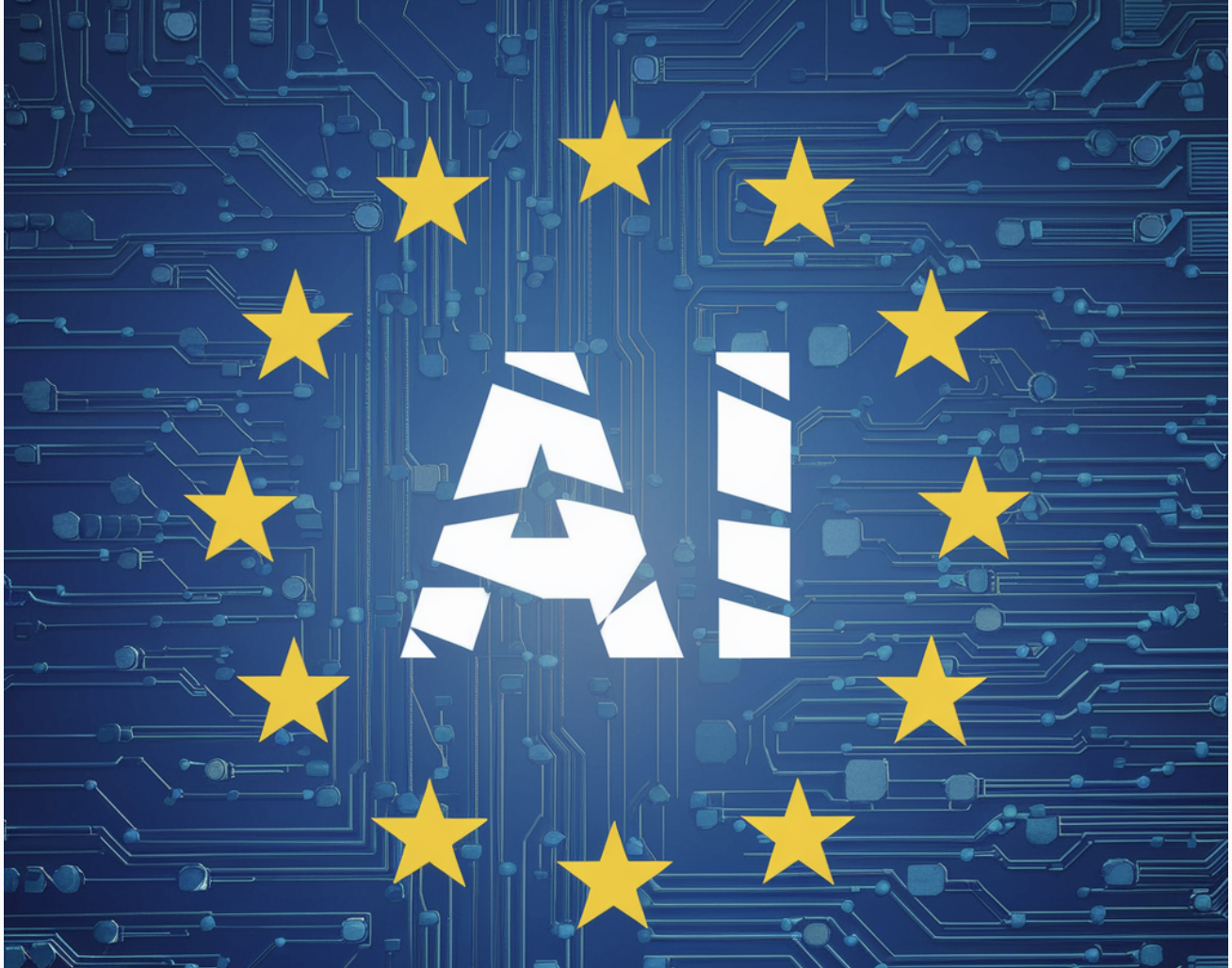
The European Artificial Intelligence Act
The European Artificial Intelligence Act came into force on August 1, 2024, marking a significant milestone in global AI regulation.
Genesis and Objectives
The Act was proposed by the EU Commission in April 2021 to address concerns about AI risks, aiming to establish a clear regulatory framework for AI and promote innovation while mitigating associated risks.
Risk-Based Classification and Obligations
The Act classifies AI systems into low, moderate, high risk, and banned categories, each with specific regulations to ensure safety and transparency.
Definition Scope and Applicability
The Act applies horizontally across various sectors and has extraterritorial scope, impacting not only EU-based organizations but also non-EU entities using AI within the EU.
Key Stakeholders: Providers and Deployers
The Act outlines the roles of AI system providers and deployers, emphasizing the importance of clear rules and compliance strategies.
Exemptions and Special Cases
The Act allows for exemptions in certain cases, focusing on regulating AI with significant societal impact while allowing room for innovation in less critical areas.
Regulatory Landscape: Multiple Authority and Coordination
The Act is enforced by a multi-layered regulatory framework to ensure consistent application and compliance across the EU.
Prohibited AI Practices
The Act prohibits harmful and exploitative AI techniques, emphasizing the EU’s commitment to protecting basic rights and ethical AI development.
Responsibilities of High-Risk AI System Deployers
Those using high-risk AI systems must adhere to strict restrictions and responsibilities to ensure compliance and ethical deployment.
Governance and Enforcement
The European AI Office and AI Board play key roles in enforcing regulations and ensuring consistent implementation of the Act.
General-Purpose AI Models
General-purpose AI models have specific requirements under the Act, with providers needing to fulfill obligations to ensure openness, data integrity, and compliance with EU laws.
Implications for Tech Giants and Innovation
The Act presents challenges and opportunities for tech giants operating in the EU, requiring adherence to stringent requirements while fostering competitiveness and innovation.
Enforcement and Next Steps
Enforcement lies with individual national authorities, with significant fines for noncompliance. The Commission has introduced the AI Pact to ease the transition before full implementation.
Conclusion
The European Artificial Intelligence Act sets a precedent for balancing innovation and fundamental rights, presenting challenges and opportunities for tech giants operating within the EU.



























